On Chess, Spirituality, and Philosophy: A conversation with GM Jonathan Rowson
This is a deep conversation with GM Jonathan Rowson. The Scottish GM is not only a strong players (peak rating of 2599), but also a deep thinker, a spiritual person, a philosopher and much more. In this conversation with IM Sagar Shah, Jonathan speaks about how he wrote books like Seven Deadly Chess Sins and Chess for Zebras as well as his latest book - Moves that Matter. Jonathan is currently in India in Kerala and he speaks about his affiliation to the country and how the country has grown on him. We also discuss about Jonathan's life beyond chess, his favourite books and his purpose of life. Not to be missed is his best game against GM Jonathan Parker where his opponent resigned in a position with equal material.
Scottish GM Dr. Jonathan Rowson is in Calicut!
Grandmaster Jonathan Rowson became the youngest player from Scotland to become a GM. Very well-known for his chess books and exemplary play, GM Rowson also possesses in-depth knowledge on Philosophy, and is running a very interesting project called Perspectiva! Jonathan is visiting the city of Calicut right now, and he has a very interesting event planned - a Chess Workshop and Simul! IM Sagar Shah recorded a deep conversation with GM Jonathan Rowson, where they talk about chess, philosophy, life and much more.
Timestamps of the video:
1:39 - Welcoming GM Jonathan Rowson, Sagar talks about the influence of Jonathan's books in his life
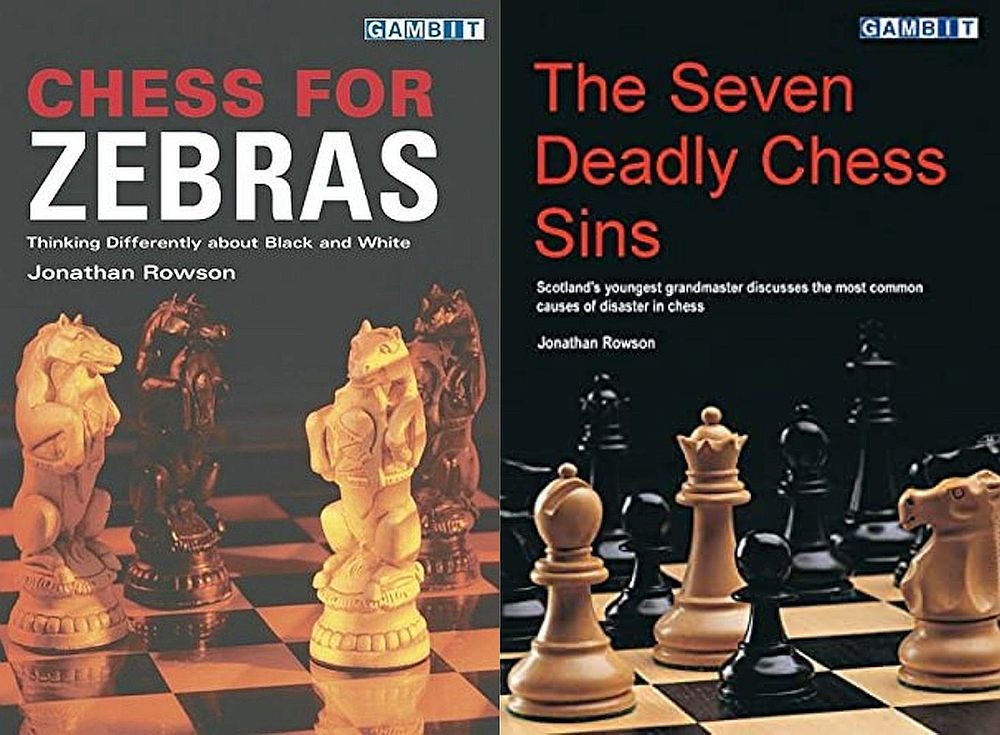
GM Jonathan Rowson (JR): I ended up writing a couple of books when I was younger . The first was the seven deadly chess sins, and the second was Chess for Zebras. I got carried away in both of them, just following my own interests. In the case of sins, I was just recently a Grandmaster when I wrote it. With Zebras, it was more about my own journey from 2500 to 2600 - it was a bit richer and a bit more serious. Both of them in their own way, is about the human experience of playing chess, and the human struggle to get better at it.....
4:06 - How are mistakes made in chess?
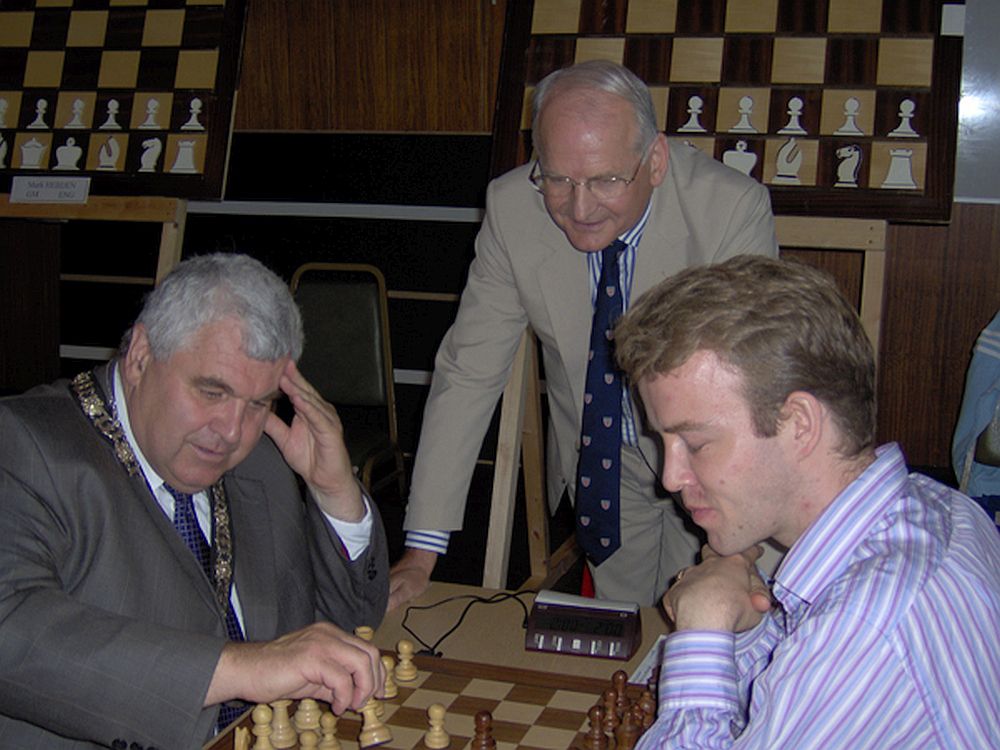
JR: So many mistakes in chess, even in quite a high level, are caused by excessive effort. They are caused by striving to make something happen on the board. This is particularly relevant when people have a fairly clear positional advantage. I would often see people who maybe have got a better structure or more scope for their pieces. Their position is inherently going to become better and better if they keep playing good moves, but they often lash out, try to make an attack happen or focus all of their energy on one weak pawn and lose all of their positional advantage. But if instead, they saw that their duty here was not actually to enact something and make the change, but rather manage the changes that are already underway, then they would have better results....
6:05 - Drawing parallels between Chess and life
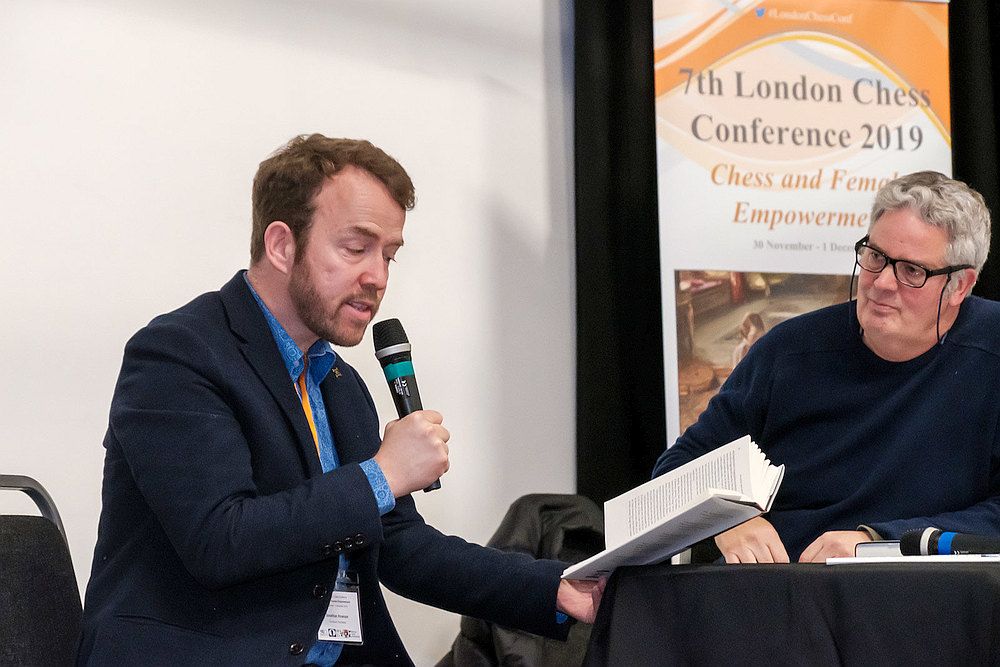
JR: ....There's an illusion of control - you think you're the one who's making everything happen, and that's not the case. You're caught up in various circles of influence and cause and effect that are beyond your control. Your job is to adapt and adjust to the things that happen, rather than imposing your will on them all the time. You have to find a way for your own will to be in relationship to what is already happening, and what other people want to happen.That's kind of the dance of life, it applies on the chessboard too.....
7:39 - The role of India in Jonathan's life
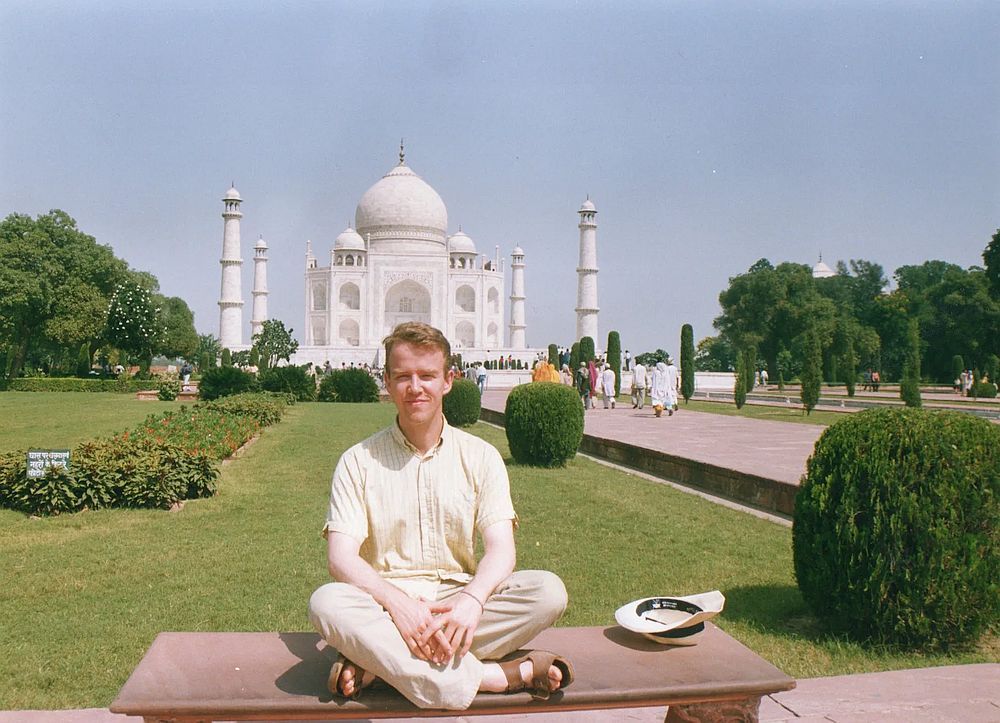
JR: India's played a big role in my life. My wife Shiva Tambachetti grew up in Kerala - mostly in Calicut, but she studied in the National Law School in India. She has various influences from the South, but Calicut is probably the closest to her home. I met her in 1998, so that's going back half my lifetime ago. We met at Oxford, we were both students and both in our final years. I met her because we both learned to meditate at the same time. We were doing different courses, we wouldn't otherwise have known each other. We learned transcendental meditation, I haven't been such a diligent follower of it but it's been a part of my life since then. Then we got married a few years later in 2005, and then we had our first son in 2009 and second one a bit later. So yeah, India is a big part of my life through marriage mostly.....
13:44 - How did Philosophy come into Jonathan's life?
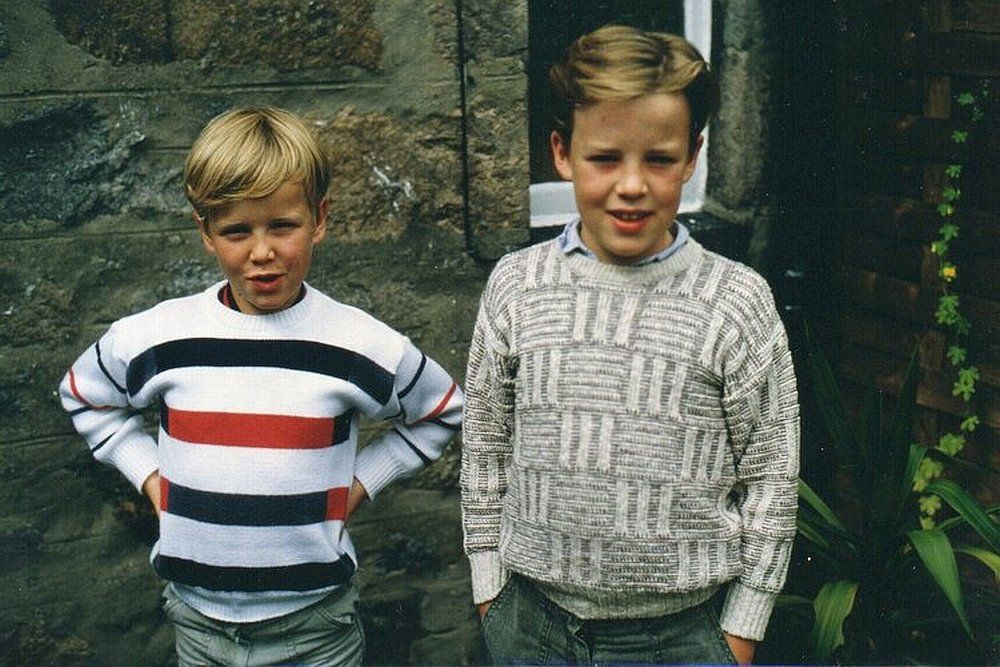
JR: I don't want to set myself up like some sort of sage; I struggle to get through the day like everybody else, make all sorts of mistakes and things I regret like everybody else. But insofar as I have an interest in matters of the fundamental nature meaning and purpose of life, I describe in my new book " The moves that matter" why that became a kind of focus, and how chess helped me to navigate that. The sort of quick answer to this is: when I was 6, I became a type I diabetic, that's one influence. What that did for me is, from a very young age you have to attend to yourself more closely than you might otherwise. Because if your blood sugar drops too low or if it goes particularly high, you're actually in medical danger. So you learn even as a very young child to introspect and think what's going on here. I think I carried some of that with me as I grew up. Another influence was my parents seperating when I was quite young. I had to spent quite a lot of time alone. As I was trying to make sense of my family life kind of falling apart, I had to navigate in some way and chess arrived in my life at just the right time. Suddenly there was this world I could control, or with enough resistance from the opponent to make it a real challenge to control it. I actually could feel competent in this world, and relatively safe in my own way....
17:08 - The decision to withdraw from professional chess and getting a new job
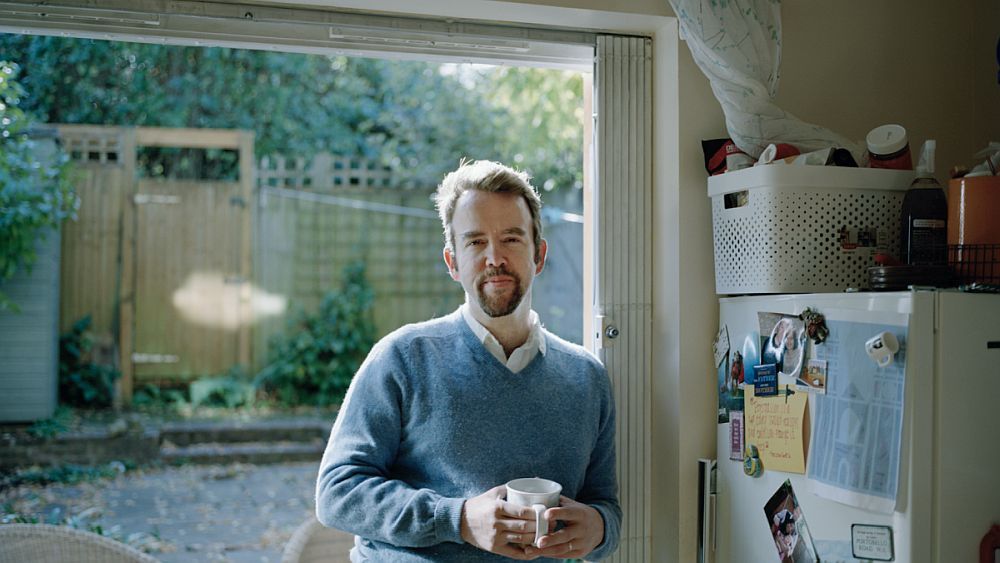
JR: I always felt chess was kind of a plan B, even though I didn't really have a Plan A [chuckles] . I always thought chess was there, I'll keep doing this until something else happens. What happened was - I was playing chess, I was studying, not really knowing what I was doing - lots of people are like this. Then around 2008, I think I was peaking, probably could've got even better, but I was peaking around 2600. I spent some time working with Anand, I was running a bit out of steam with chess though. I was beginning to wonder what exactly am I trying to do here, even if my rating goes up a bit more, even if I win some more tournaments. The game ceased to feel essential to keep myself together. For the first time in my life, I felt like I could live without it. I was also becoming a father for the first time, and around then we saw this job opening up in London where we were then living. For the first time, it looked like a job that maybe I could do. In job applications, you have to make yourself fit the role and I did that. This was at a place called the Royal Society of Arts in London, and I remember staying up late that night to do the application, my wife helped me. A few days later I had an interview, and before I know it, I had a proper job!....
21:11 - Getting back to chess

JR: Chess is becoming a part of my life again, I have started playing a little bit. Let's put it this way: there's a kind of cycle of time happening. In 2008, I remember playing the Olympiad in Dresden, Germany. I was playing pretty well, although there were some disappointing games as well. I actually played Magnus in that tournament when he was quite young - he was maybe 17 or 18. I remember thinking that if I kept playing, I could maybe get somewhere deeper into the 2600s, but I probably couldn't get as far as 2700. I just wasn't competent and talented enough - the roots weren't deep enough. But I could go further - and then I thought, the effort that would take , and I also didn't feel that I had the appetite, felt like I had run that course. Between 2008 and now, there's been very little chess. Once or twice I was invited to play in London, occasionally a student would show up that I was interested in. I might write a little bit about it, I wrote the book "The moves that matter", but somehow it was sort of a slow goodbye to chess. Then about a year ago, I was invited to play a tournament in London, just as a GM who happened to live in London. I thought this is only gonna last 4-5 days, and I haven't played chess for a while . What have I got to lose, really?....
24:25 - What stopped Jonathan from reaching 2700?
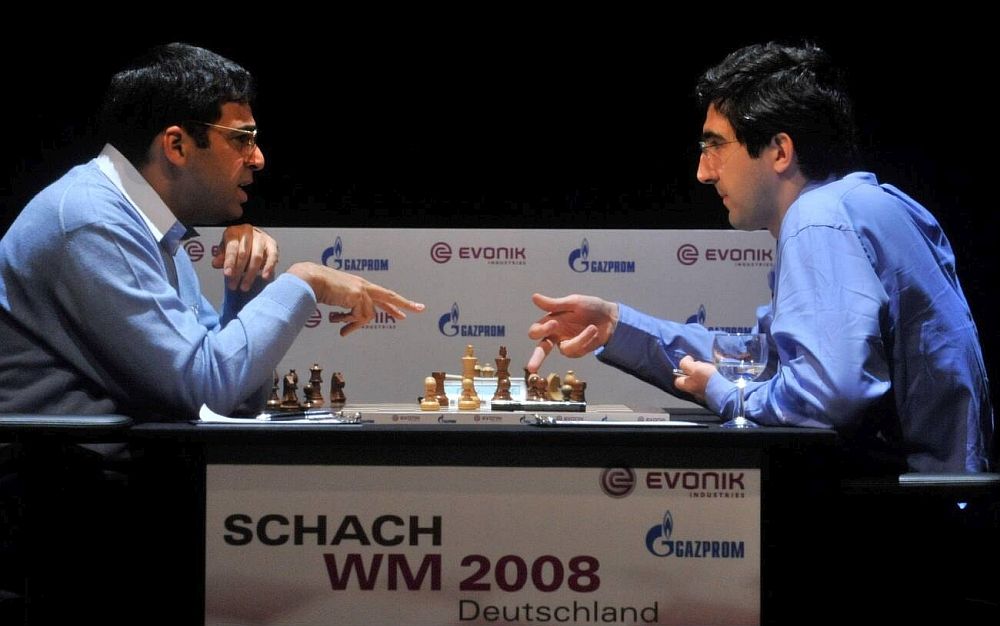
JR: I think appetite is the quick answer. As I say, in 2008 before the Dresden Olympiad, I spent time in this camp with Vishy Anand. In the same camp, there were Rustam Kasimdzhanov and Peter Heine Nielsen. This was preparing for the Kramnik match, and I was there partly because I was on friendly terms with Vishy. We knew each other and liked each other, and I proposed I might be able to help him with the match, maybe a little bit because he was starting to play d4. That was a very interesting experience because you get to see the gap, right? I already knew Vishy was better than me, don't get me wrong - but now I saw the extent of that. Not just in caliber of judgement on the board and speed of calculation and practical judgement about decisions, the depth of preparation of course is there. The knowledge of endgames, just everything. The caliber of the player was so much better, way beyond anything I could hope to achieve. But even if I did have the desire, there were limits, that was part of the point. But the deeper point was, I actually could feel myself inside no longer caring quite so much. In other words, it felt like what my life was asking of me was not to keep on conquering on the chess world, to grow as a player; I felt like I was actually better served elsewhere. I had more to offer outside of the chess world than inside it.....
27:50 - Are you happy with the switch that you have made?
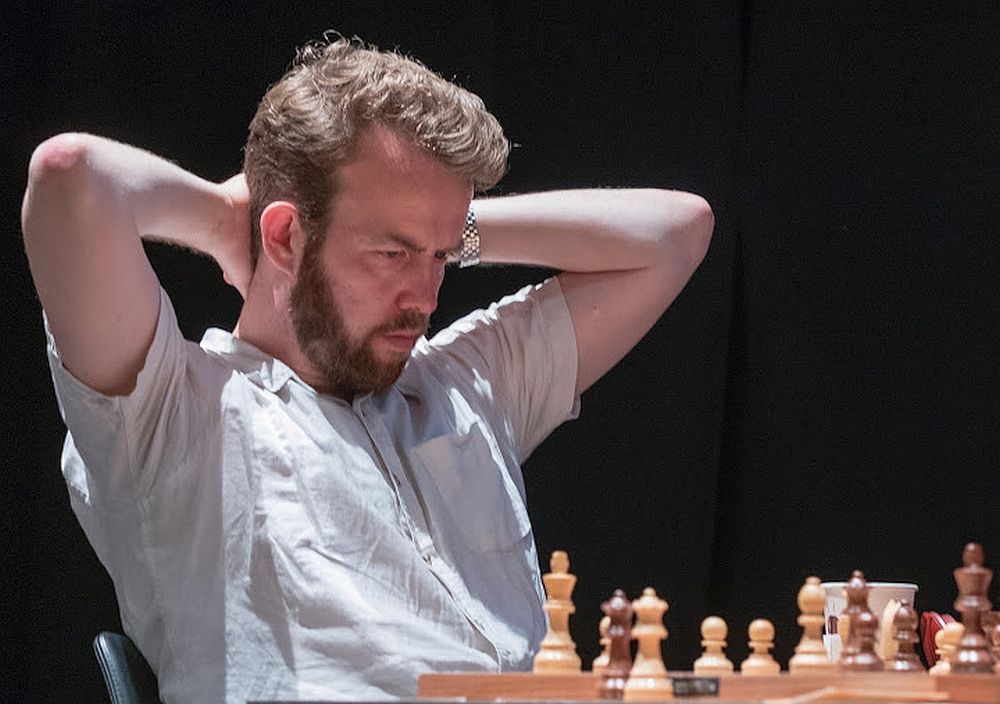
JR: I really am! To be honest, I'm proud of many things in chess, but I'm most proud of being able to say a fond goodbye to it when I had to. I'm also happy to be coming back to it in a limited extent now. I can't say though that I don't regret it. I mentioned this in the book somewhere, people think either you regret it or you don't - that's the typical way people think about it. You could've played so many more games, you could've become a higher rated player, your country needed you to be even better. Or, you are so relieved that you got over it, you didn't get trapped inside the chess world forever.
The truth is somewhere in between - it's that I'm absolutely certain I made the right decision, and I regret it every day.
This is closer to the heart of the matter. Because most people don't realize what chess gives you - the delicious taste of concentration for hours on end. There are few things in life better than being able to concentrate, and chess gives it to you in abundance. People don't realize this, but in addition to all the beautiful geometry and tactics and openings and all the excitement of the game, above all else it's giving you many hours at a time of delicious concentration. Few things in life give you that now, especially in the world of smartphones and adverts and all the other distractions. Concentration is divine, and chess gives it to you.
29:42 - The concept of positive regret
JR: I actually call it in an article, it's also in the book - I call it "Successful underachievement". It's a weird term, because people always assume that maybe I actualized about 95% of my potential, or even 98% or whatever. There's a kind of go-get-'em self-help mentality that says you should have gone all the way, you should have kept going. But that comes at a great cost! You have one life, you have 80 years give or take. You have many wonderful things to experience beyond the Sicilian Najdorf and the Grunfeld and whatever. You've got to realize that achieving your goals in life,
While it's important that you try, there is a wisdom in knowing when to stop.
Because there are other things to experience and to get good at, and to contribute to. It doesn't mean though that when you do that, you don't wish Oh my god, the Reykjavik Open just happened and I played the Reykjavik Open many years ago. It was wonderful, so well organized, such a beautiful place, such a distinctive place, great atmosphere.

I've got a lot of family responsibilities here, I have work calls I'm taking while I'm in Kerala even. A part of me would love to be by myself, playing chess in Reykjavik. Of course, I would like it! It would be fun, what's not to like? But it's not my life anymore. It's not what I'm meant to be doing, so you you sort of have to find that. Listen closely to your life about when you're meant to push, and when you're meant to step aside and move on. I think both are equally important.
31:48 - GM Rowson's beautiful game against GM Jonathan Parker, GM Nigel Short called this game "A minor masterpiece"!
49:00 - Chess books recommended by Jonathan
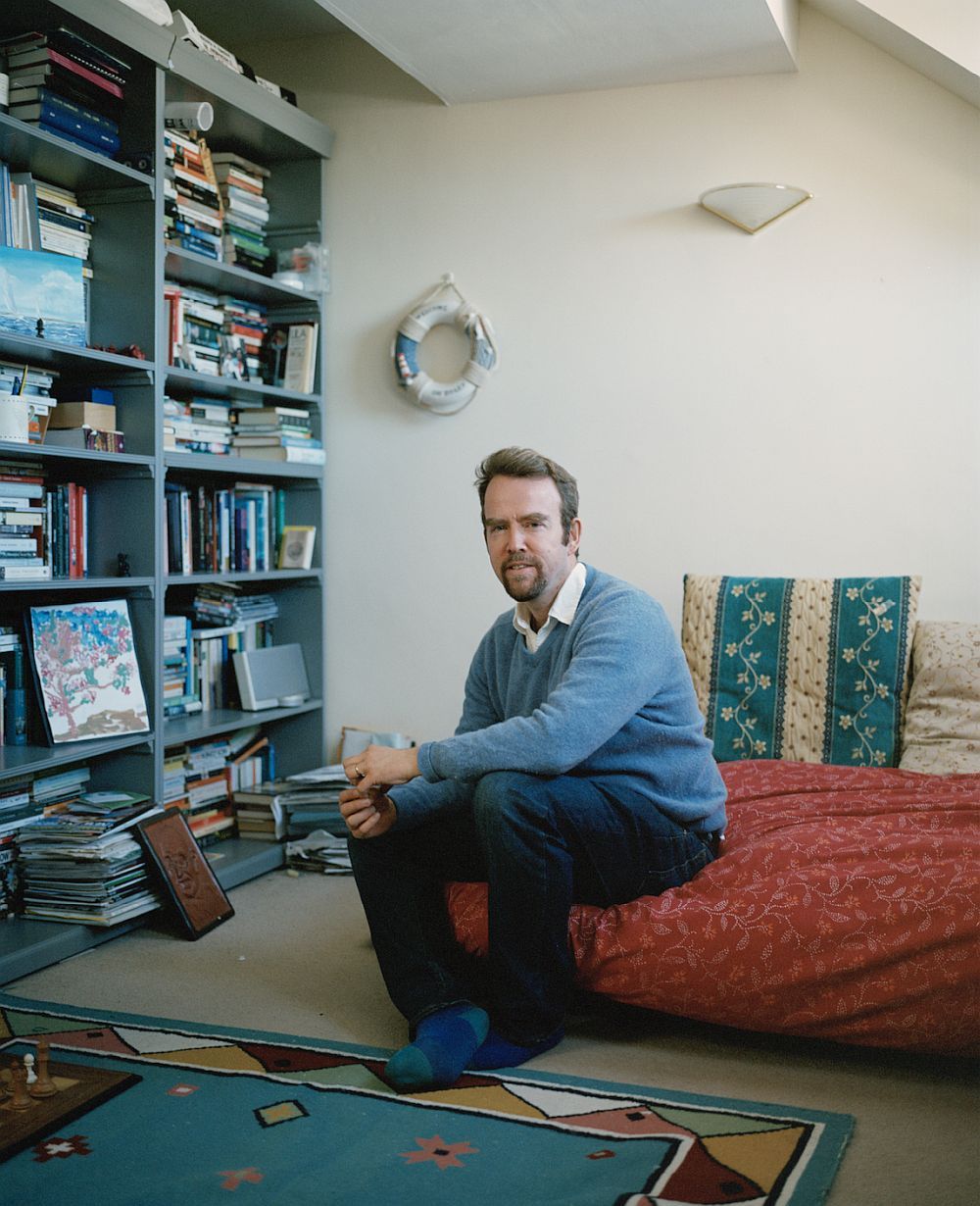
JR: It's a tricky time, because I am of the generation that was mostly analogue, gradually becoming digital. I was born in 1977, I was studying chess books until the late 90s. I got my first computer around maybe '96 or something, and then the internet didn't really kick in until the turn of the century. The smartphones came much later, so just to give some perspective - what worked for me is not necessarily what will work today....
In terms of material, I would still recommend all of Artur Yusupov's literature for more advanced players, because I think it forces you to actually grow. It's a real struggle, that feeling inside of "This is too difficult, I can't do this". That's what you have to sit with if you want to get better. I think I've written about it in "the moves that matter", but I spent a week with Yusupov once. Around the time, I was playing quite well - I went on to be first in the World open a few weeks later. But the time at Yusupov's house was really painful! Not because he wasn't a great host and very friendly guy, I'm grateful to him - don't get me wrong, but the chess! I realized how weak I was. I was already 2550, but I realized " Oh my God, I can't calculate at all!"
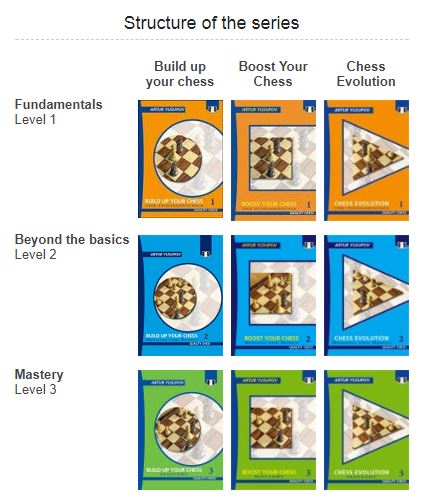
I'm not seeing anything, I can't stay with a thought to get to the end of it. My mind was jumping around like crazy! I guess I was still good enough, because I was compensating in other ways with intuition and openings or whatever. I actually began to learn to calculate, and it stayed with me, and it's what made the difference to being even stronger. So I would say any book that actually teaches you not by reading, but by obliging you to give you good material, good training exercises. A lot of Jacob Aagaard's books are good. I would still go for games collections - I think there's a lot to be said for knowing what a whole game looks like. I'm old-fashioned that way, like you can solve puzzles and you can do openings but there's nothing which replaces that sense of start to finish, and the journey quality of a game. I think when that really gets into your soul, when you start playing,
It's almost like you're you can sense which way the story wants to go and it helps you make good moves.
The Kasparov books are very good, and of course Chess for Zebras and the seven deadly chess sins are good.
54:08 - All about Jonathan's book "The moves that matter"
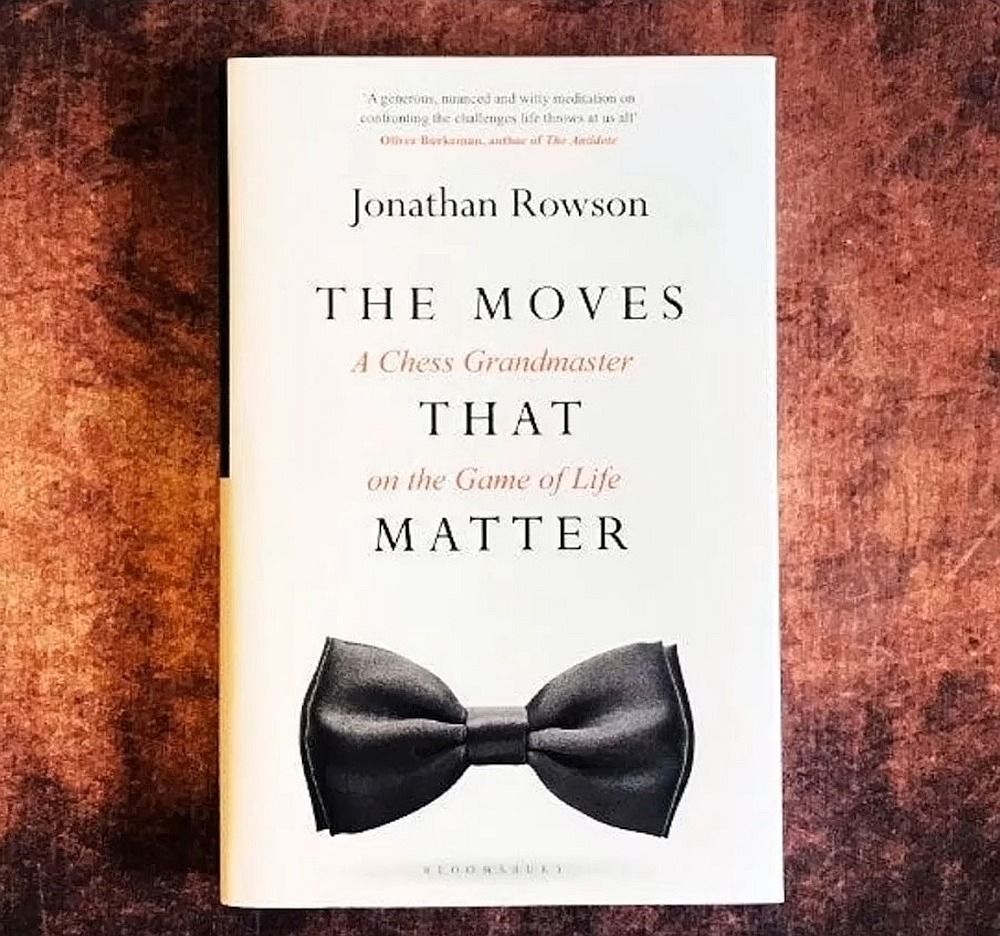
JR: People kept asking me "What has chess taught you about life?", and look, you can give a cliched answer like "it taught me to understand the opponent", and "it taught me to think 10 moves ahead" and "taught me to be strategic", whatever that means, and "it taught me to think tactically" and "helped me to concentrate". These are all reasonable but somewhat superficial answers. In the book, I really take it seriously - like what has it taught me? The book is structured around that question, and it's 64 little stories of my experiences in the Chess World. But in each case, trying to draw down some major lesson about how we live. It's designed on the structure of the chess board, so it's 64 sections, but there's also eight chapters of eight little stories. So, it's like eight by eight to the chessboard as well.
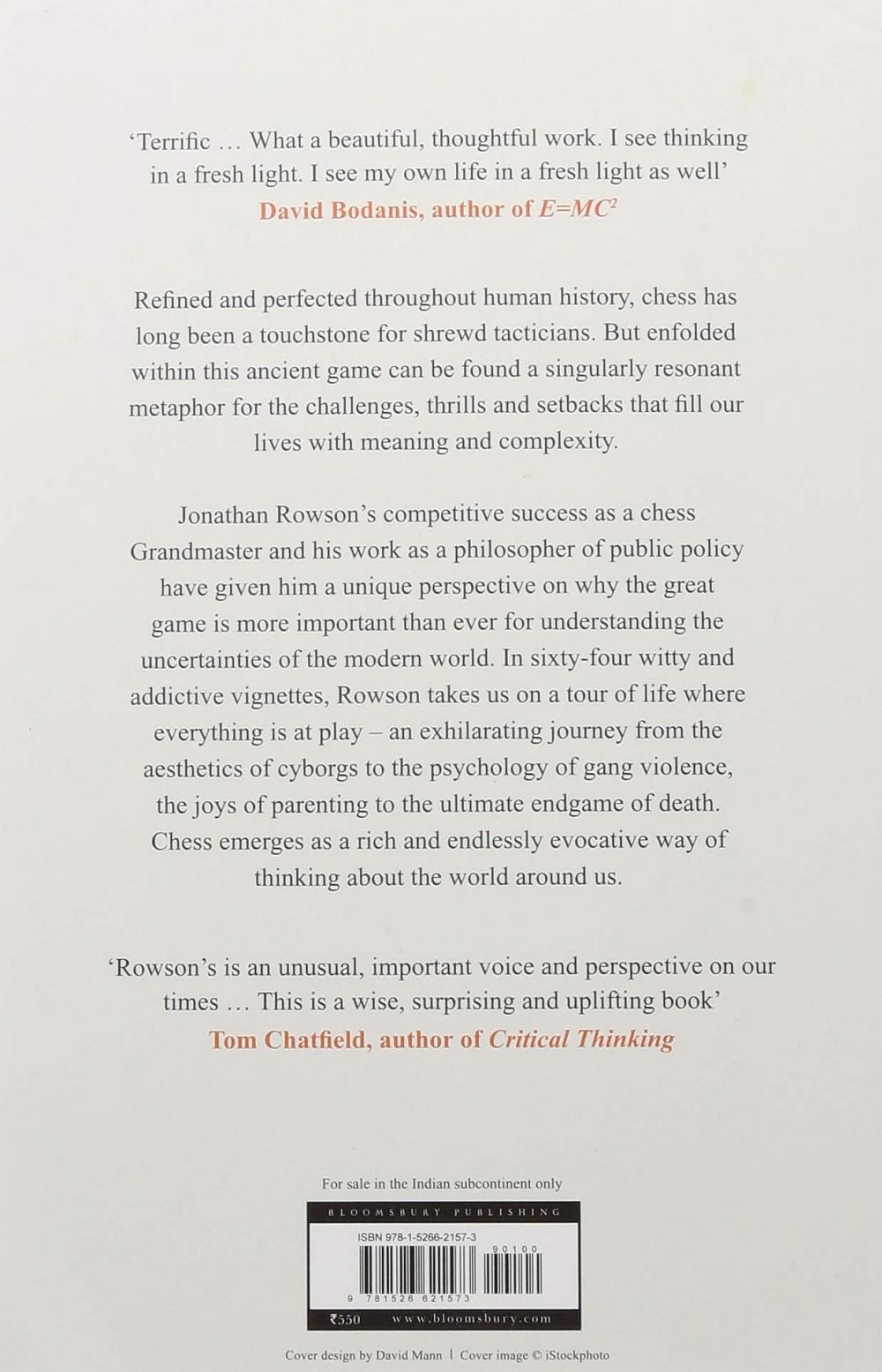
In each of those eight chapters I have a major overarching theme. The first one is, "Concentration is freedom", trying to understand the relationship between concentration and freedom. There's others later, like "Escapism is a trap" - what does that mean, because it sounds paradoxical right? The final chapter is called "Happiness is not the most important thing", which is a weird thing to say that chess taught you. But if you look at a chess tournament and look at people's faces, they're curled over with tension and they're struggling and they're like "oh my God" They're not happy, right? Whatever that is, it might be wonderful but it's not happiness. It's addictive, it's compelling, it's intense, it's meaningful. It's a lot of wonderful things, but it's not happiness. So, what does that mean? What does that mean for the rest of your life?
Maybe this thing you're meant to be looking for is not happiness as such.
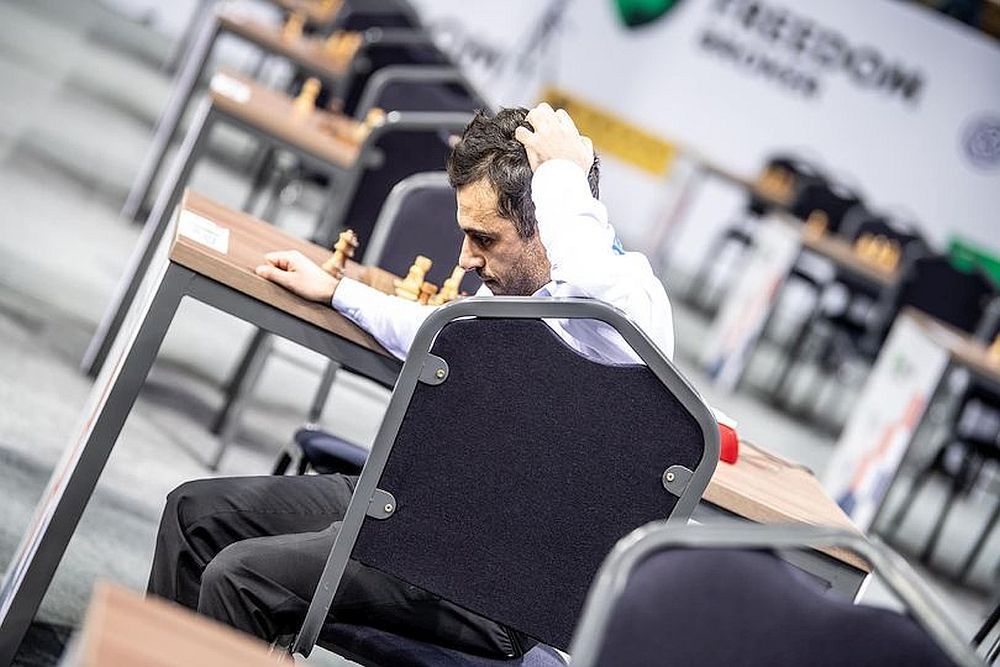
56:45 - Impressions and real-life takeaways from the famous novel "The Handmaid's tale"
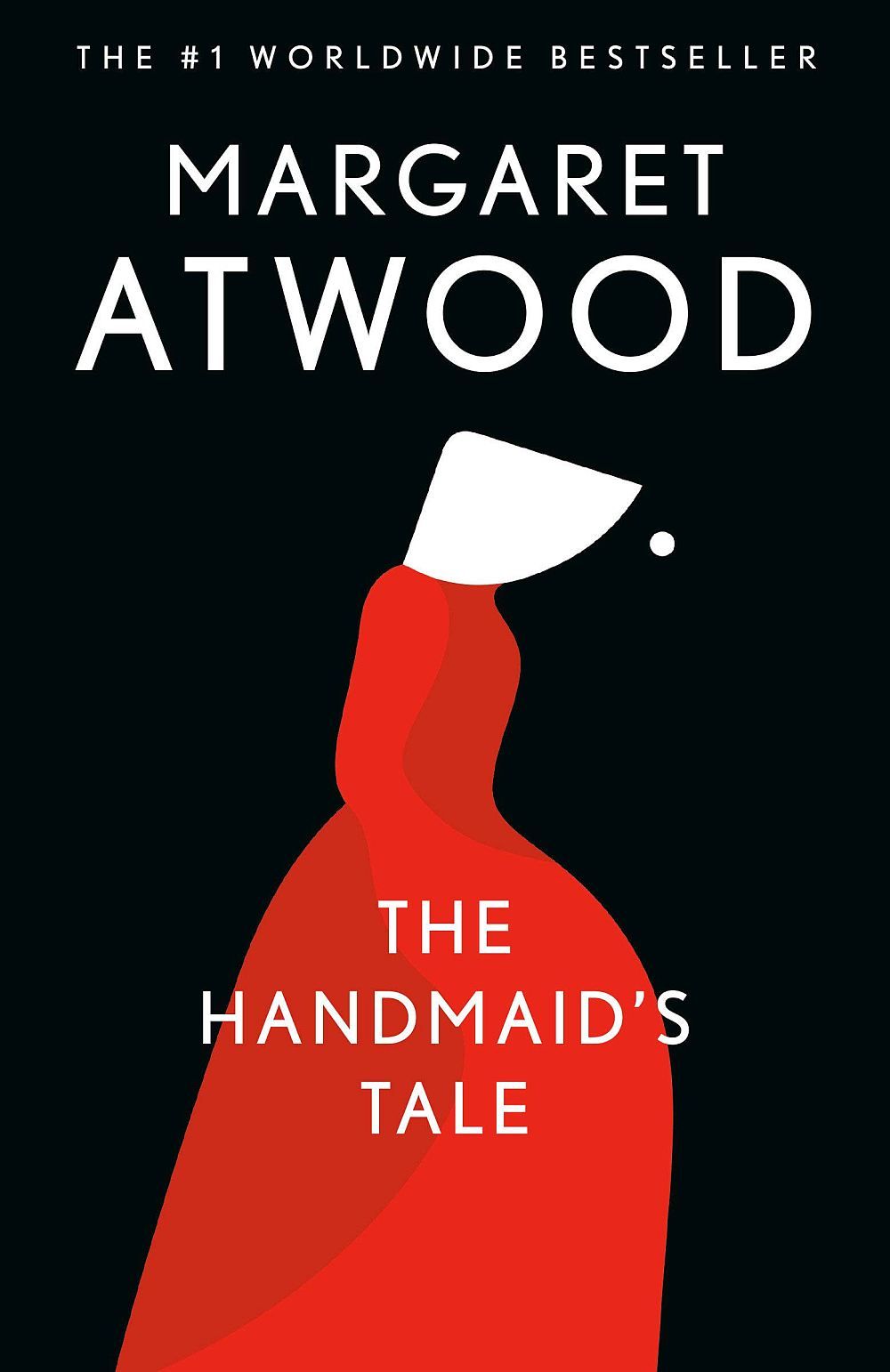
While I've been in India, I actually read "The Handmaid's tale" for the first time. I watched the Netflix series, but actually the house I'm staying in here had a copy of the handmaid's tale by Margaret Atwood, which I actually read for the first time. There's nothing like the actual book in the author's own voice beautifully written. For those who don't know it, it's a vision of the future, dystopia as they call it. It's a sort of negative vision, particularly of the state of North America or USA in particular that's taken over by theocratic government who have a weird system. They're struggling with the birth rate, and they do things with men and women. It's a feminist critique, a very deep and sophisticated one of society because everything that's happened in that story has happened somewhere around the world. I think it's quite important to read today....
1:01:15 - How will chess learning evolve in the future - will humans be able to make engine moves?
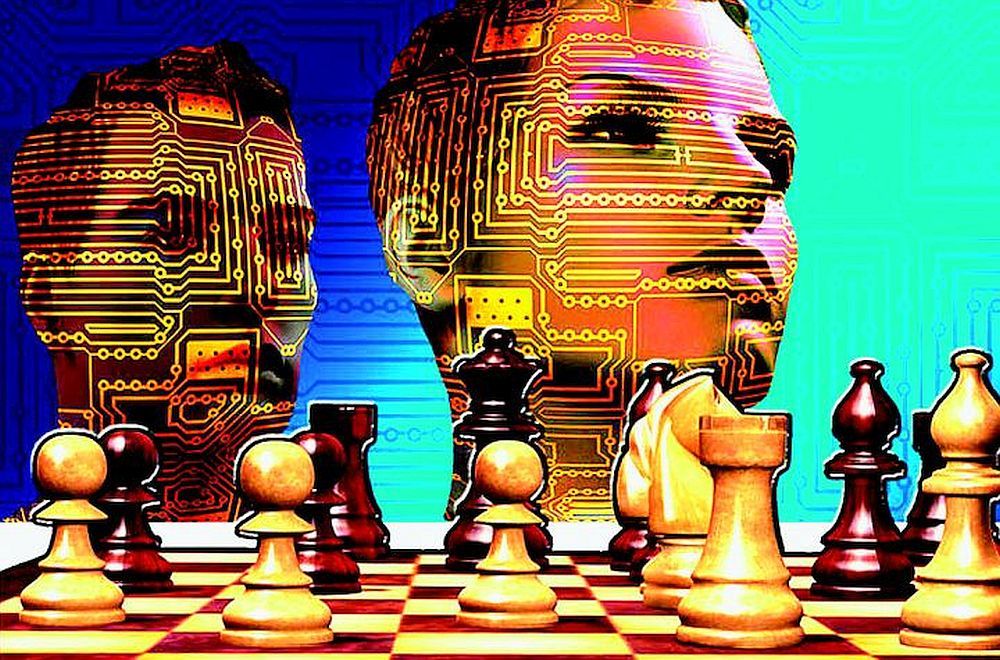
JR: Well, this appears to be already happening. Since playing a little bit again, I mean I haven't played much, I played one tournament and then I've played some League games. So maybe a total of give or take 20 games, and I've already noticed though in the younger generation, by which I mean people let's say under 30, there's something different about the way they look at the board. It's much more concrete, it's much less about prejudice vis-a-vis that's not how we do things. So, it's less about Chess culture in the sense of "this is the way you're meant to play". It's more about "does it work or not?" I don't think that's a bad thing. What do we risk losing? There's something about the classics and learning. One thing about Magnus that makes him really special I think, is that although he's adapted to the digital world and he gets great positions out of the opening, and he's much better prepared than people think. Even when he was apparently not that well prepared, he was still really well prepared - he just knew how to navigate the opening. But something that I felt is that, his study of the classics means that his feeling for the way the whole game should go was very well observed. He feels it very deeply, because he knows how the world champions have played.
If we lose that, I wonder how the games will look. I've been following some of Matthew Sadler's work on engines, and you can learn a lot. Ideally it's both, right? In terms of one of my previous answers,
The future is humans and technology in a sort of wise, careful alliance.
It's not subservience to the machine, and nor is it just humans rejecting technology. It's got to be some kind of wise alliance, but we've also got to be a bit careful about this. Because the nature of machines are so compelling, and they make you feel that you have to attend to them all the time, like my smartphone is constantly demanding that I look at it. Similar with stockfish and so on, the feeling of that impulse - let's not look at it, let's not see what the engine says, let's see if we can think. You need to do more of that. Once you've thought, then you look at the engine and you go "oh that's interesting", and over time you will think a bit more like the engine, and that won't be a bad thing. But I think it would be a bad thing if you're just like a bad Robot - if you just become like a weak computer, then something is lost I think.
1:04:59 - A very special workshop by GM Jonathan on 16th April at Calicut!
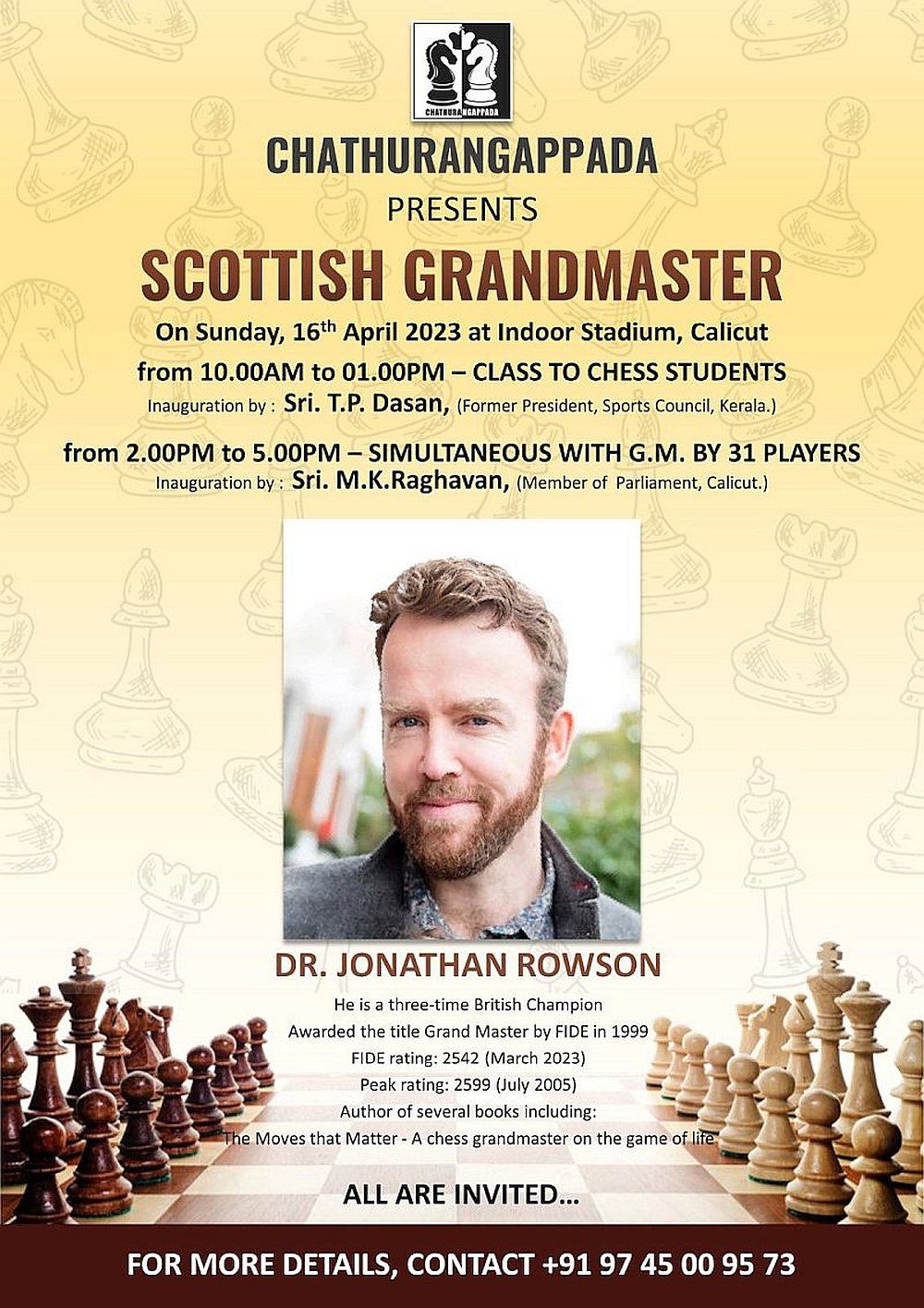
JR: For the workshop, I'm still figuring out what I'll do. It'll be material from my books mostly, and then the simul of course will last however long it lasts depending on how good the opponents are. Mostly, it's just it's a pleasure to give back! A few days ago I went to a chess training camp here in Calicut, just because I heard it was on. I actually showed, maybe you remember, Simon Williams won this beautiful game in the Reykjavik open. Because it was on my mind, I walked into the class, and they just plonked me in front of this class of like 40 kids with a demo board. After saying hello, I said okay, I'll show you this game. And it was fun!
It was really, really fun but that's kind of how chess works for me now. Every so often I'm asked to go somewhere and do something, and I do it for fun. I must admit though, I am beginning to be keen to have an opening repertoire with black again. Because it's a problem, right? If you haven't played for a while, you really feel it as Black if you're trying to hold at a Grandmaster Level. Without black openings, it's quite tough. That's the only thing I really have time to work on, let's see if it helps. This thing in Calicut came about because when COVID-19 struck, there was a need to create an online community for the local players, and it grew. There's no online events quite often through this vehicle, and when I heard about it because I was here, he said "Well, why don't we do some kind of event in Calicut?" I feel a certain affinity for this place, because my wife grew up here and I've been here a few times now. I'm not exactly a malayali as you can see, but I do feel a certain obligation to give back to the area.
1:07:52 - Jonathan's Telegu speaking skills, the curves of Malayalam, and watching Chennai Express!
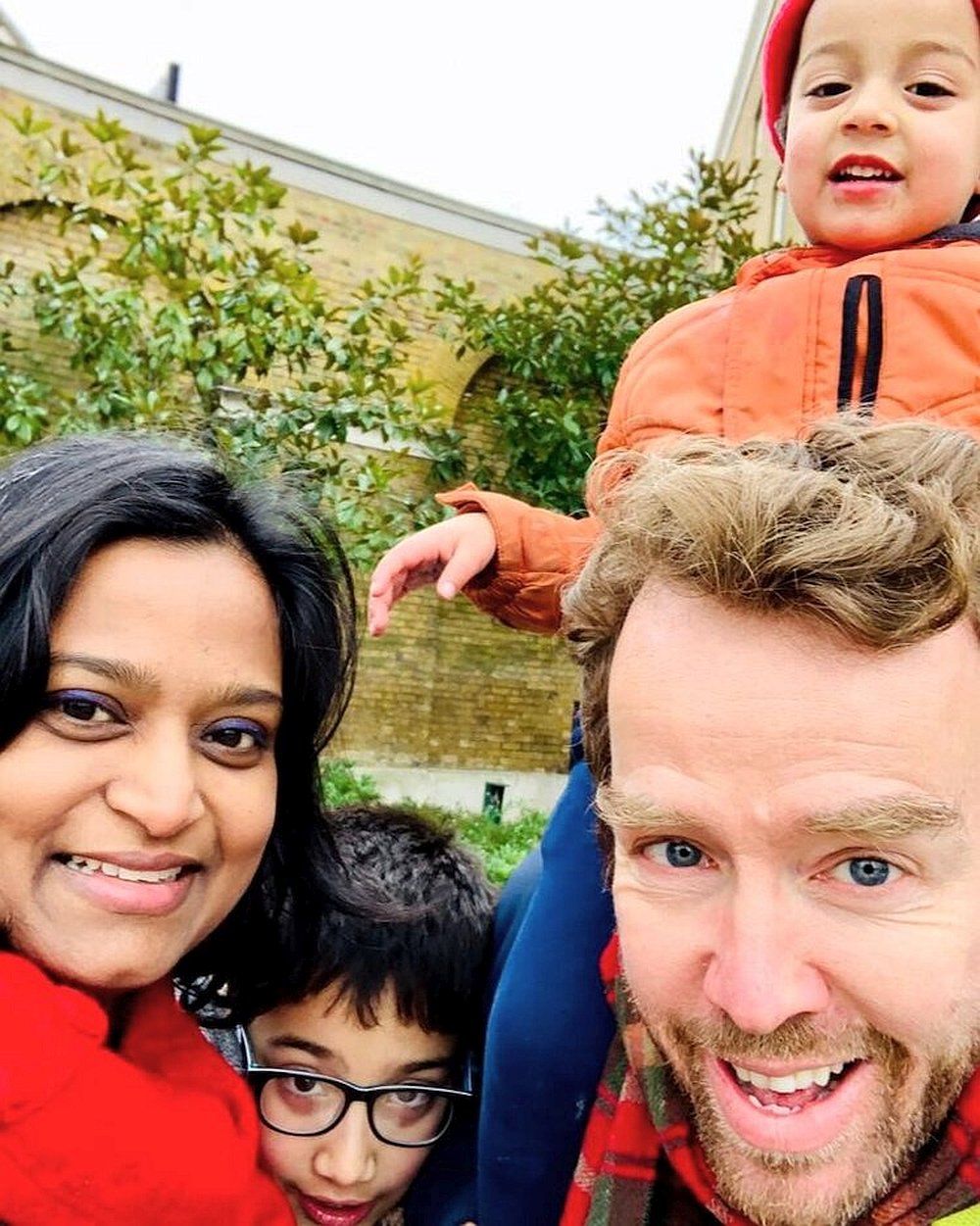
JR: My wife's family is Telegu, so I can speak some pigeon Telegu. I understand what's happening at home, I know how to get fed [chuckles] . Living with the family, I can often tell what they are talking about, but I'd struggle to follow a Telegu movie or anything like that. As for Malayalam, I hope to learn more later because I think we'll be coming back here a bit more often....
1:10:00 - What would you say your purpose in life is right now?
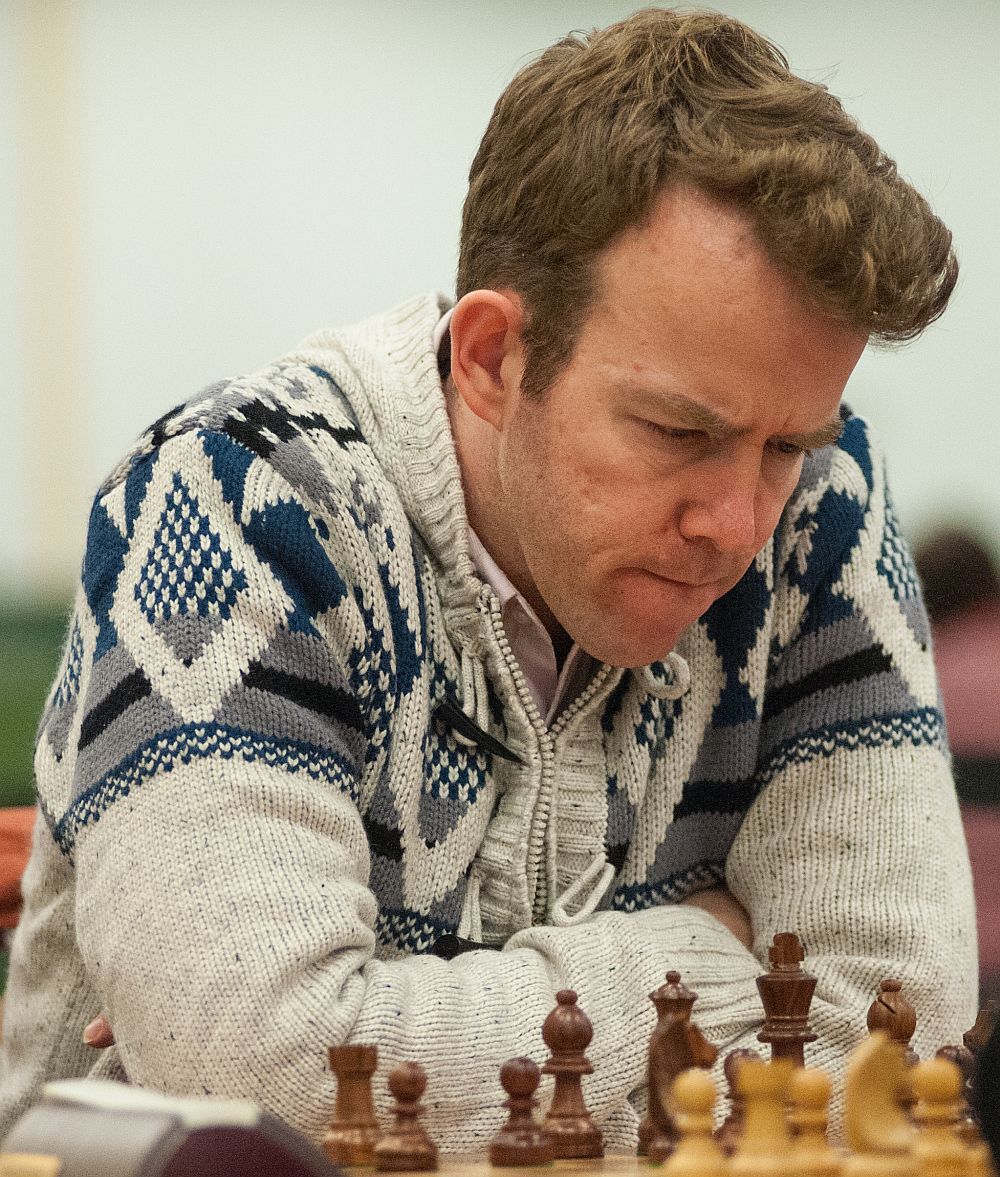
JR: To do my part such as it is in helping save civilization from itself. On the one hand, it's ridiculous because what can one person do. On the other hand, my reading of the position as a chess player, the position of the world is that while there's a lot to be happy about and some things are going well, the general trends are not good. The general trends I see is being threatening to the only life we know and love. A species that's evolved to have consciousness, language, love, and so on, but actually on a planet in the vast reaches of space where we've evolved these capacities, and it's very very precious and we risk being foolish enough to screw it up. Although it's not happening tomorrow or the next day, it's already underway - this process of incipient collapse.
I can't do much about it personally, but at the same time I can't turn away, and I hope there'll be many other millions of people who feel that way.
That actually we have a degree of duty to attend to what's going on, to really try and understand it and then to find our place in it. That's what I'm up to.
1:11:53 - About ChessBase India and Thank you!
JR: It's been lovely to watch ChessBase India boom over the last few years. I check in with it every so often, your own enthusiasm is a big part of that of course. It's been great to see Indian chess grow from strength to strength, so many Grandmasters now, so many very strong Grandmasters. It's good to have this Channel and I hope it keeps growing from strength to strength!
Important links
GM Jonathan Rowson's Official website
Sign up for GM Jonathan Rowson's workshop and Training Camp tomorrow 16th April at Calicut!

